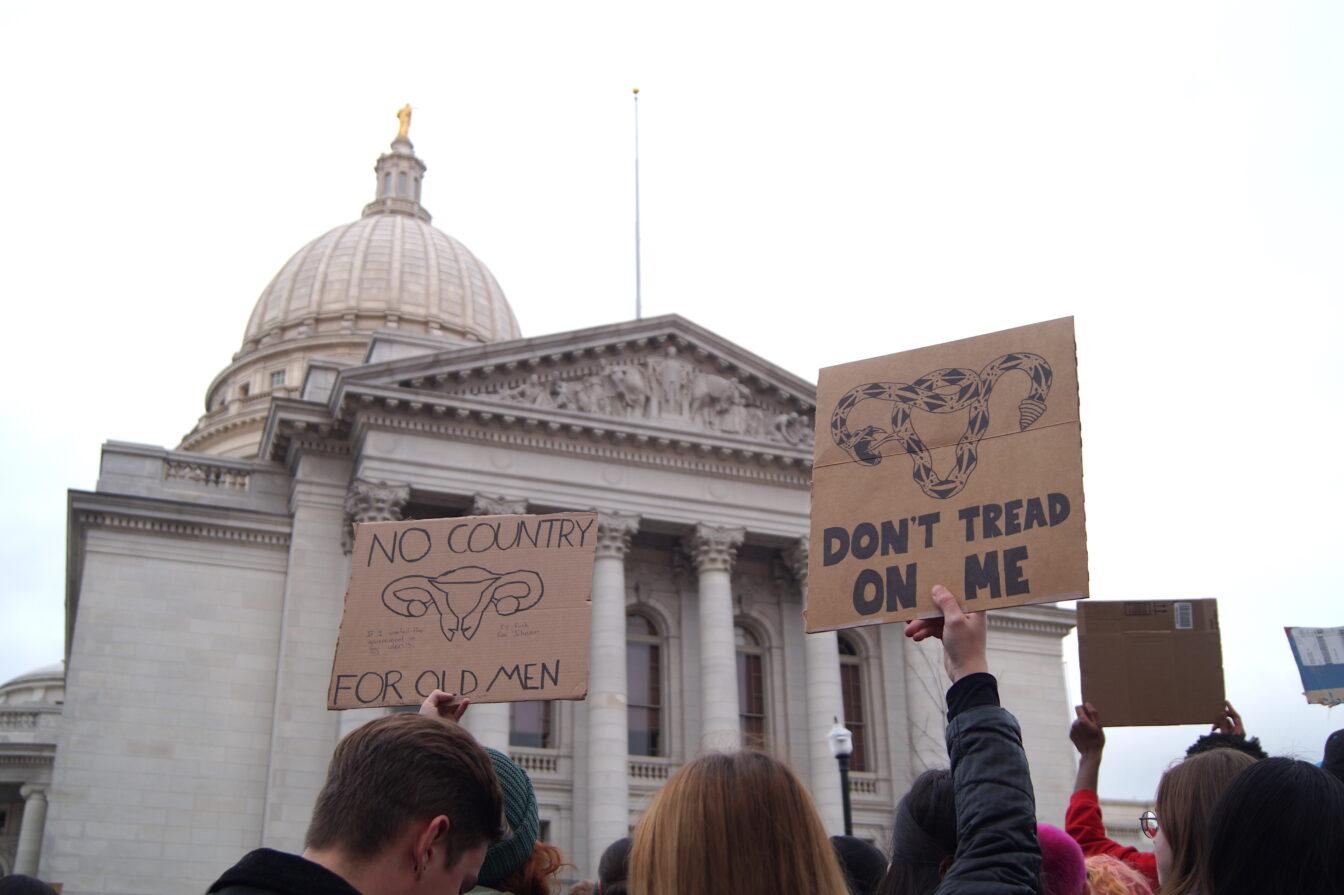The University of Wisconsin Collaborative for Reproductive Equity shows that the Supreme Court’s overturning of Roe v. Wade will drastically increase the distance that Milwaukee and Dane County residents have to travel to receive abortion services.
This could lead to a 20% reduction in abortions in Wisconsin and about a 3% increase in births annually, UW public affairs professor Jason Fletcher said.
The travel distance required to access abortion care will increase by 70 miles for Milwaukee County residents and 120 miles for Dane County residents following the closures of two clinics offering abortion services in Milwaukee, one in Madison and one in Sheboygan. Milwaukee and Dane Counties accounted for 56% of abortions in Wisconsin in 2020, according to the study.
Though some Wisconsinites seeking abortion care traveled across state borders before the Dobbs decision, the need to travel out of state creates limitations for people living in areas with high populations that previously offered these services, Fletcher said.
Those isolated from care are concentrated in Milwaukee and Dane Counties, Fletcher said. Milwaukee residents may account for nearly half of Wisconsinites unable to access abortion services post-Dobbs decision.
“We’re predicting that Milwaukee will probably have a reduction of about 500 abortions per year… So almost half of them [total reductions] will be residents in Milwaukee,” Fletcher said.
CORE’s predictions were based on research conducted before the Dobbs decision that showed a 100-mile increase in travel distance for abortion care, caused by the closures of abortion clinics in Green Bay and Appleton, resulting in a 30% reduction in abortions and a 3% increase in births.
The candidates running in the Nov. 8 midterm election have been vocal about their plans for access to abortion in Wisconsin, Fletcher said.
“For people who view abortion access and healthcare access as top of their reasons to vote or why they’re voting… they should listen carefully to those differences,” Fletcher said.


